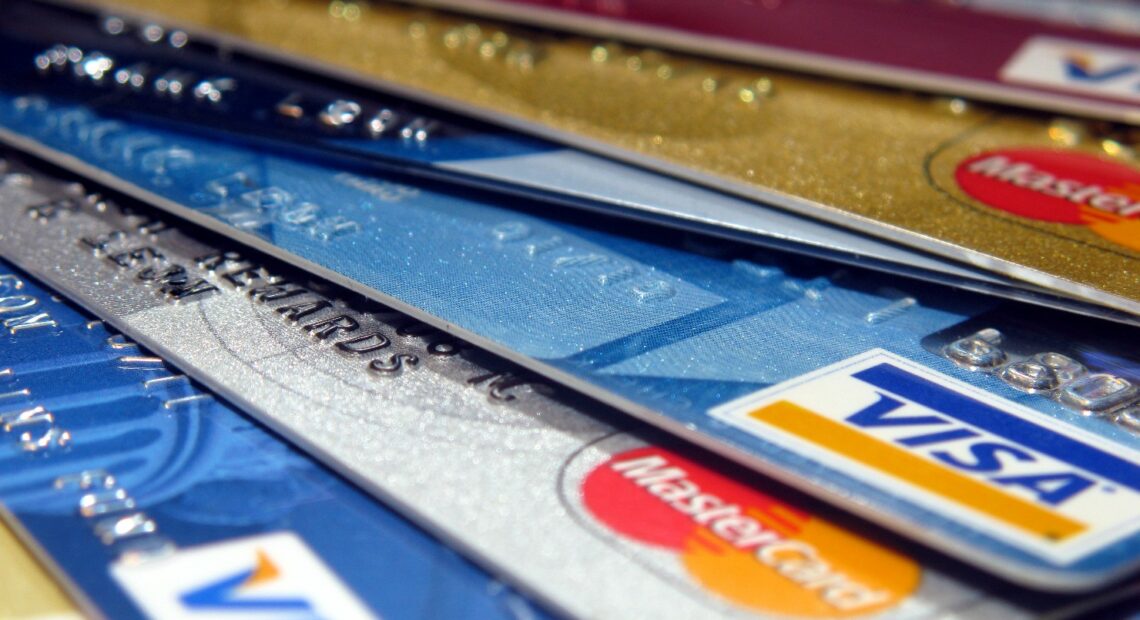
City of Walla Walla spent over $900,000 last year on credit card fees

Listen
(Runtime 1:01)
Read
Last year, the city of Walla Walla spent more than $900,000 on transaction fees for credit and debit cards. That’s out of a total budget of roughly $131 million.
The city pays these so-called swipe fees whenever residents use credit or debit cards to cover utility bills, building permits or swim lessons, among other things.
As the number of people paying bills online has increased, so have the city’s swipe fees. Just four years ago, it only paid around $352,000 in swipe fees.
“I was quite surprised by the expense that we the city have been incurring,” said Mayor Pro Tempore Steve Moss at a July 22 City Council work session. “The big issue in my mind is how do we reduce the amount that we’re paying and be fair to our customer base?”
While most vendors’ swipe fees hover between 2% and 4%, the city is paying an average fee of 5.6% on its card transactions.
Officials say that’s due to a lack of competition: Walla Walla’s online portal only has two payment processors to choose from. As Liz Moeller, the city’s finance director, said in that same work session: “There’s not a lot of room for negotiations when there are only two players in the game.”
Despite that, Moeller recently made plans to switch to the other payment processor, potentially saving the city 20% to 30% on its swipe fees.
The City Council is also considering instituting a convenience fee that residents would pay when they use a credit or debit card to pay for city services. How much of a fee is up for debate: The Council has discussed fees from 2% to 5.6%.
Though nobody likes extra fees, City Manager Elizabeth Chamberlain believes it’s the best route forward.
“Are we being responsible with taxpayer dollars? Spending close to $1 million a year on credit card fees? Probably not,” she said. “We should be thinking twice about spending that much money on a convenience.”
Under the current system, Chamberlain said, the city’s taxpayers are subsidizing the portion of Walla Walla residents who use credit cards.
For example, the vast majority of the city’s swipe fees stem from customers paying utility bills. Only about half of the city’s utility customers pay by card.
By charging a convenience fee, officials say that customers can still choose to use a card — and potentially earn credit card rewards or miles — without making everyone else pay for them.
“That would be fairer to the people who are taking it out of their checking account,” said Council member Rick Eskil at the work session. “Because they’re essentially subsidizing these people for their miles.”
When residents pay via bank transfer, the city pays a flat fee of $1.25, which it does not pass onto the customer. To make that option more appealing, the city recently introduced budget billing, which allows customers to pay a set monthly amount for water throughout the year.
Offsetting swipe fees could also reduce the likelihood of future utility rate hikes.
“We establish our utility rates for six years,” Chamberlain said. “Perhaps it could be that we don’t need to raise rates as much the next round because we’re not subsidizing credit card fees.”
Chamberlain expects the City Council to vote on the issue soon. If a convenience fee is passed, it could be implemented a few weeks later.















